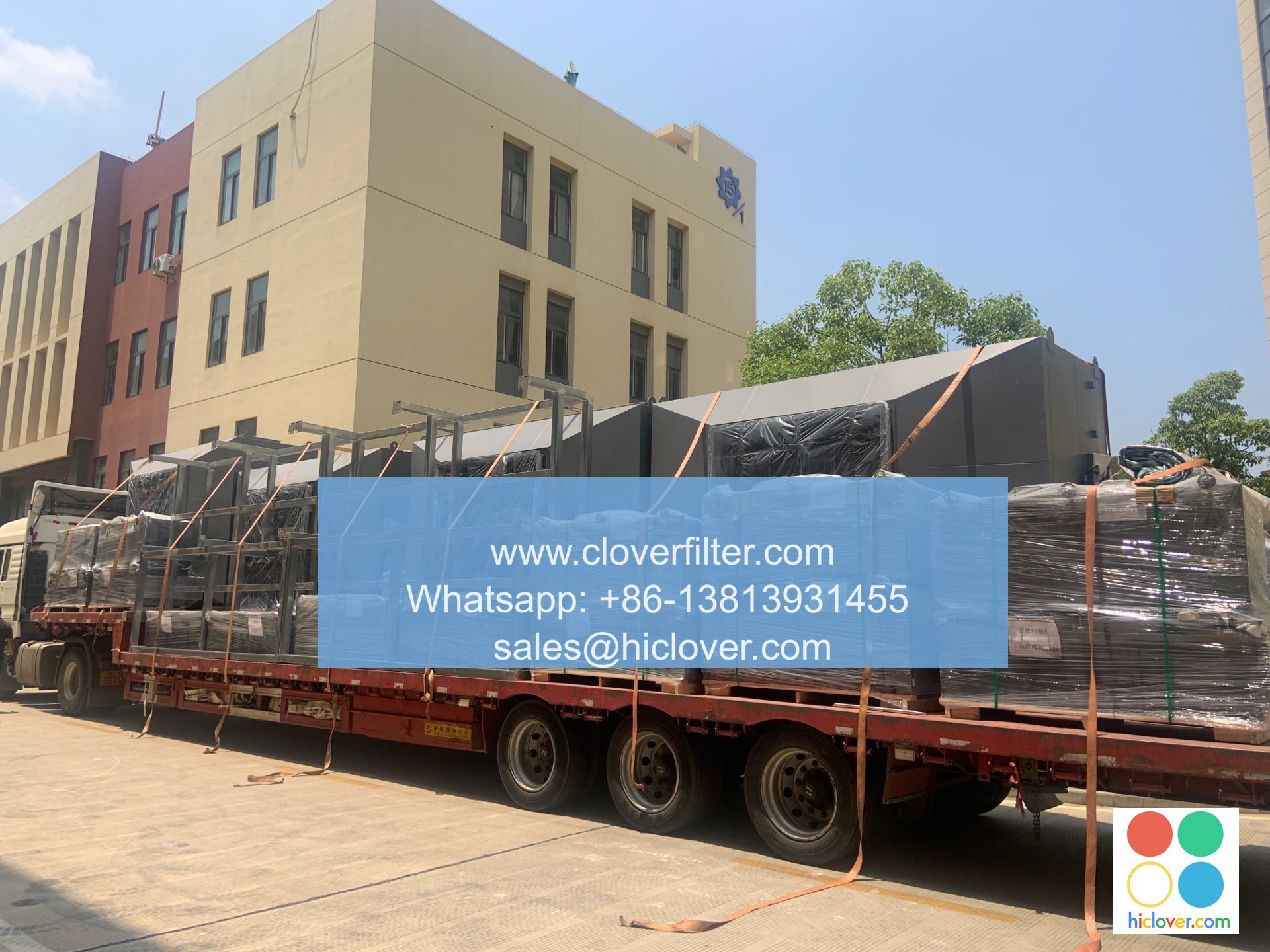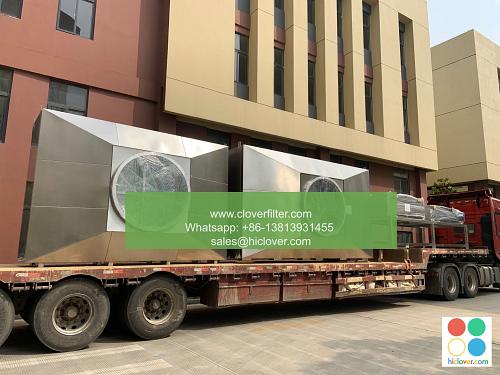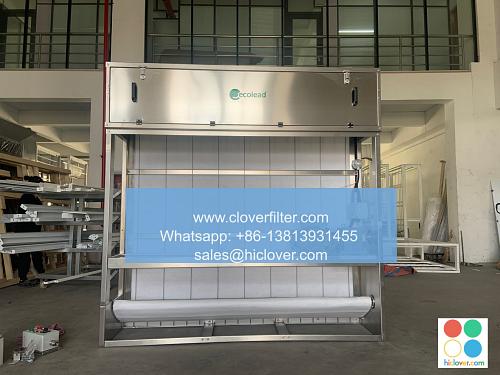The Role of Automatic Roll Air Filters in Reducing Electrostatic Discharge in Toronto’s Electronics Factory

In the heart of Toronto’s thriving electronics industry, manufacturers face a myriad of challenges to ensure the quality and reliability of their products. One critical issue that has garnered significant attention in recent years is the problem of electrostatic discharge (ESD). ESD can damage sensitive electronic components, leading to costly rework, reduced product yield, and ultimately, increased Expenses. To mitigate this risk, many electronics factories in Toronto have turned to an innovative solution: automatic roll air filters.
ESD is a common phenomenon in electronics manufacturing, arising from the transfer of electrostatic charges between objects at different electrical potentials. When an electrostatic discharge occurs, it can cause irreversible damage to electronic components, including microchips, printed circuit boards, and other sensitive devices. The damage can range from subtle performance degradation to complete component failure, making ESD a significant concern for manufacturers seeking to maintain high product quality and reliability.
Automatic roll air filters have emerged as a crucial tool in the battle against ESD in Toronto’s electronics factories. These filters are designed to remove airborne contaminants, including dust particles and other debris, which can contribute to the accumulation of electrostatic charges. By controlling the air quality within the manufacturing environment, automatic roll air filters help to reduce the risk of ESD and protect sensitive electronic components from damage.
The operation of automatic roll air filters is straightforward. These systems utilize a continuous roll of filter media, which is automatically advanced as it becomes saturated with contaminants. This design ensures that the air passing through the filter remains clean and free of particles that could contribute to ESD. Additionally, automatic roll air filters are designed to minimize downtime and reduce maintenance costs, making them an attractive solution for manufacturers seeking to optimize their production processes.
In Toronto’s electronics factories, the implementation of automatic roll air filters has been shown to have a significant impact on reducing ESD. By maintaining a clean and controlled air environment, manufacturers can minimize the risk of electrostatic discharge and protect their products from damage. This, in turn, can lead to improved product yield, reduced rework, and increased customer satisfaction. Furthermore, the use of automatic roll air filters can also help manufacturers to comply with stringent industry standards for ESD control, such as those outlined in the ANSI/ESD S20.20 standard.
Several electronics manufacturers in Toronto have already adopted automatic roll air filters as a key component of their ESD control strategies. These companies have reported significant reductions in ESD-related damage and improvements in overall product quality. For example, one leading manufacturer of printed circuit boards reported a 30% reduction in ESD-related defects after implementing an automatic roll air filter system. Another manufacturer of microelectronic components reported a 25% increase in product yield following the installation of a similar system.
In conclusion, automatic roll air filters play a vital role in reducing electrostatic discharge in Toronto’s electronics factories. By controlling airborne contaminants and maintaining a clean air environment, these systems help to minimize the risk of ESD and protect sensitive electronic components from damage. As the electronics industry continues to evolve, the importance of ESD control will only continue to grow, making automatic roll air filters an essential tool for manufacturers seeking to maintain high product quality and reliability.
Frequently Asked Questions
Q: What is electrostatic discharge (ESD), and why is it a concern in electronics manufacturing?
A: ESD is the transfer of electrostatic charges between objects at different electrical potentials, which can cause damage to sensitive electronic components. It is a concern in electronics manufacturing because it can lead to costly rework, reduced product yield, and increased expenses.
Q: How do automatic roll air filters help to reduce ESD in electronics manufacturing?
A: Automatic roll air filters help to reduce ESD by removing airborne contaminants, including dust particles and other debris, which can contribute to the accumulation of electrostatic charges. By controlling the air quality within the manufacturing environment, these filters minimize the risk of ESD and protect sensitive electronic components from damage.
Q: What are the benefits of using automatic roll air filters in electronics manufacturing?
A: The benefits of using automatic roll air filters in electronics manufacturing include improved product yield, reduced rework, increased customer satisfaction, and compliance with industry standards for ESD control. Additionally, these systems can help to minimize downtime and reduce maintenance costs.
Q: Can automatic roll air filters be used in conjunction with other ESD control measures?
A: Yes, automatic roll air filters can be used in conjunction with other ESD control measures, such as grounding systems, anti-static clothing, and ESD-safe packaging materials. A comprehensive ESD control strategy typically involves a combination of these measures to provide optimal protection for sensitive electronic components.


